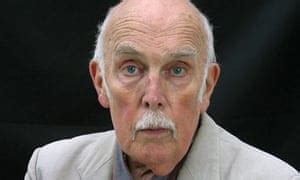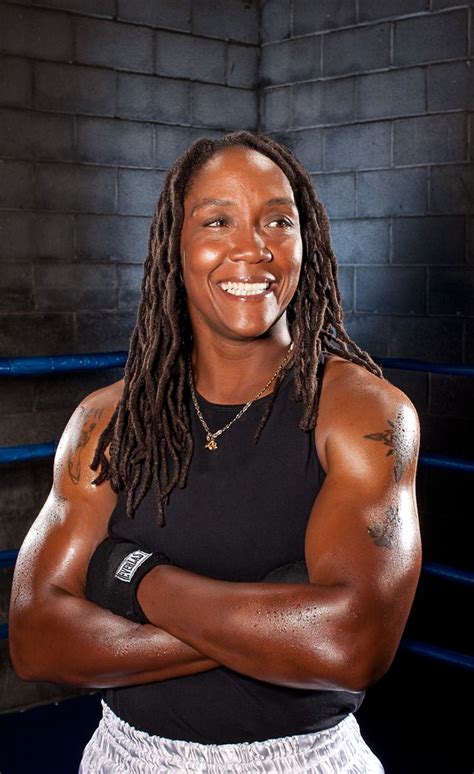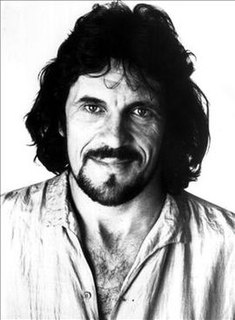A Quote by Marine Le Pen
Related Quotes
Me and my friends in high school were the only girls who went to hardcore shows. It was three of us, and the rest of the audience was male. We didn't really think about it. We weren't thinking we were alienated or whatever, but eventually, as there started to be violence in the scene we were in during high school, we started to be turned off by the violence.
I must remind you that starving a child is violence. Suppressing a culture is violence. Neglecting school children is violence. Punishing a mother and her family is violence. Discrimination against a working man is violence. Ghetto housing is violence. Ignoring medical need is violence. Contempt for poverty is violence.
We must realize that violence is not confined to physical violence. Fear is violence, caste discrimination is violence, exploitation of others, however subtle, is violence, segregation is violence, thinking ill of others and condemning others are violence. In order to reduce individual acts of physical violence, we must work to eliminate violence at all levels, mental, verbal, personal, and social, including violence to animals, plants, and all other forms of life.
I've never trained anyone that I haven't known as a child. I knew Kirkland when he was 12. Every one of them I started training when they were kids. This is not about just the fight game for me. It is a sport for troubled children that are drawn to violence and that type of life. Boxing has that violence part in it, but it also has structure and dedication and the whole nine yards. You get that little bit of violence that you were drawn towards, but it can save a lot of kids.
At first I protested and rebelled against poetry. I was about to deny my poetic worlds. I was doing violence to my illusions with analysis, science, and learning Henry’s language, entering Henry’s world. I wanted to destroy by violence and animalism my tenuous fantasies and illusions and my hypersensitivity. A kind of suicide. The ignominy awakened me. Then June came and answered the cravings of my imagination and saved me. Or perhaps she killed me, for now I am started on a course of madness.
I'm so sick of seeing guns in movies, and all this violence; and if there was going to be violence in Pines, I wanted it to actually be narrative violence. I wasn't interested in fetishizing violence in any way of making it feel cool or slow-motion violence. I wanted it to be just violence that affected the story.
Of course, in the reality of history, the Machiavellian view which glorifies the principle of violence has been able to dominate.Not the compromising conciliatory politics of humaneness, not the Erasmian, but rather the politics of vested power which firmly exploits every opportunity, politics in the sense of the "Principe," has determined the development of European history ever since.


































